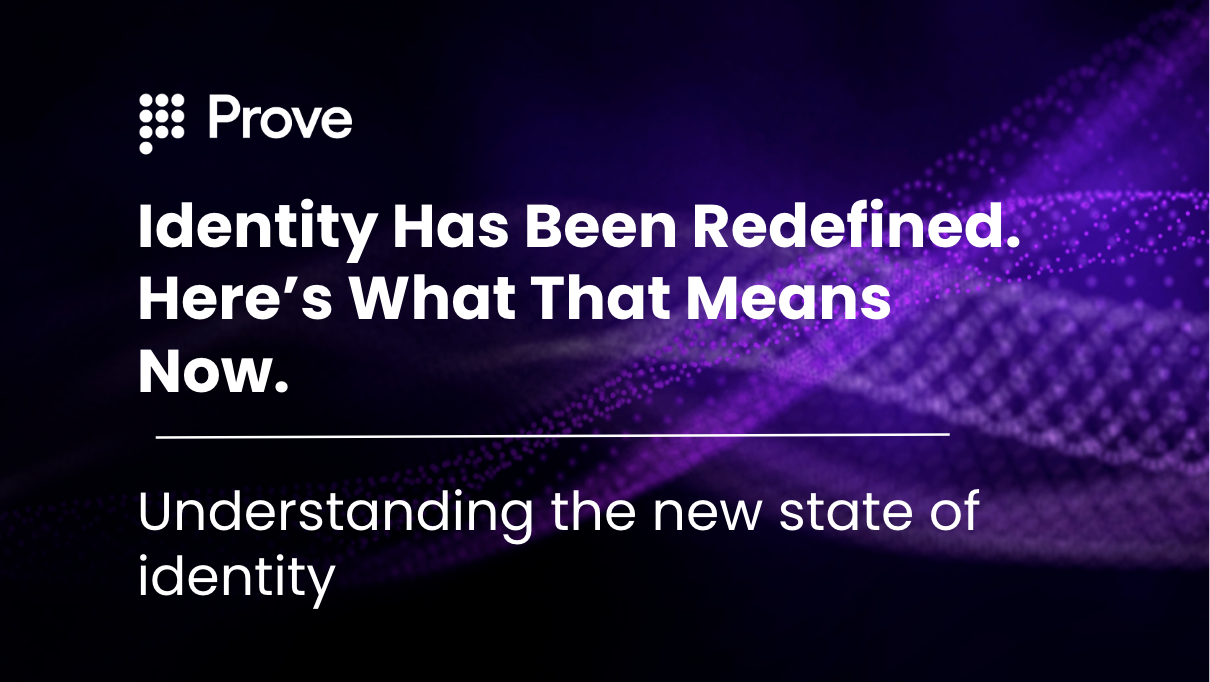Neobanks – A Look at Service Offerings & Funding Analysis


For the last decade or so, we have witnessed an evolution in many industries. The transportation industry evolved with the emergence of companies such as Uber, and the tourism industry has evolved with the emergence of companies such as Airbnb. A transformation in the banking industry was due – and neobanks are bringing that transformation.
A neobank is a digital bank that often works only through a mobile app and has no physical branches. Neobanks provide a broader user experience than a traditional bank. We have categorized neobanks into the following three categories:
- Licensed Digital Banks: Startups that are licensed. E.g., Paytm Payments Bank (India)
- Over the Top: Startups that have tie-ups with other licensed banks. E.g., Monese (UK)
- Bank Digital Initiatives: These are traditional banks with a digital extension. E.g., CBD NOW (UAE)
In this article, we will focus on:
- Licensed Digital Banks
- Over the Top
How is the service offering different from traditional banks?
Neobanks offer innovative features and offerings different from traditional banks, including fast account opening, free debit card, instant payments, cryptocurrencies, lower costs, mobile deposits, P2P payments, mobile budgeting tools, user-friendly interfaces, etc. We have discussed some of the top innovations happening in this space below:
Account Opening: Neobanks offer simple and fast online account opening compared to traditional banks. E.g., Joint account opening by Starling Bank.
International Payments/Remittances: Neobanks offer the usage of their debit card in foreign countries for no fees and at live exchange rates. E.g., Revolut provides its’ customers with Revolut cards, which supports card payments and ATM withdrawals in over 140 countries.
Lending/Credit Products: Neobanks can provide credit products at lower charges and interest rates than traditional banks. E.g., Nubank (Brazil) does not charge fees for its credit card usage.
Money Tracking/Account Aggregation: Neobanks can simplify money tracking and account aggregation. E.g., Tandem is a money management app that helps users spend, save, and manage their money.
The innovations which are happening are addressing the unmet demand in the space. Moreover, European regulations, such as PSD2, which came into force in 2018, are set to provide an additional push to neobanks. It is also likely that neobanks will integrate technologies like artificial intelligence and blockchain faster into their business models than traditional banks.

The region-wise break-up shows the maximum concentration of these startups in Europe, followed by the Americas. Most of these Asian startups were founded after 2013. Startup activity in this space started around 2004 and gathered pace after 2011. Around 50% of the startups were founded in 2016 and 2017.

Note: China is not included in the analysis
An analysis of the 15 most-funded startups shows that 11 are from Europe and 3 from the Americas. The top 7 most-funded startups are unicorns. The highest amount of funding was received by OakNorth from the UK ($1,000 million), followed by N26 from Germany ($515 million), Atom Bank ($470 million), and Nubank ($420 million). The Asian startups which have been funded the most are Open ($7 million) and Neat ($5 million). Volt ($45 million) is the most funded startup from the Oceania region.
The startups in the space have been raising huge rounds of funding. In 2017, OakNorth raised $364 million (Series B) in funding. In 2018, Revolut raised $250 million (Series C). In 2019, OakNorth raised $440 million, and in 2019, N26 raised $300 million (Series D)
After 2017, banks such as Atom Bank, Monzo, N26, Nu Bank, Oak North, and Revolut raised huge amounts of funding.
To learn about Prove’s identity solutions and how to accelerate revenue while mitigating fraud, schedule a demo today.

Keep reading
 Read the article: Prove’s State of Identity Report Highlights the New Rules of Digital Trust
Read the article: Prove’s State of Identity Report Highlights the New Rules of Digital TrustProve’s State of Identity Report explores why traditional point-in-time verification is failing and how businesses can transition to a continuous, persistent identity model to reduce fraud and improve user experience.
 Read the article: The Super Bowl Highlights the Scale of Fraud in Online Sports Gaming
Read the article: The Super Bowl Highlights the Scale of Fraud in Online Sports GamingLearn how advanced identity verification helps sports betting operators combat fraud, deepfakes, and AI-driven threats.
 Read the article: Identity Has Been Redefined. Here’s What That Means Now.
Read the article: Identity Has Been Redefined. Here’s What That Means Now.In an era of deepfakes and automated fraud, traditional one-time identity verification is no longer enough. Learn why organizations must transition to continuous, adaptive identity systems to ensure security without sacrificing seamless user growth.












